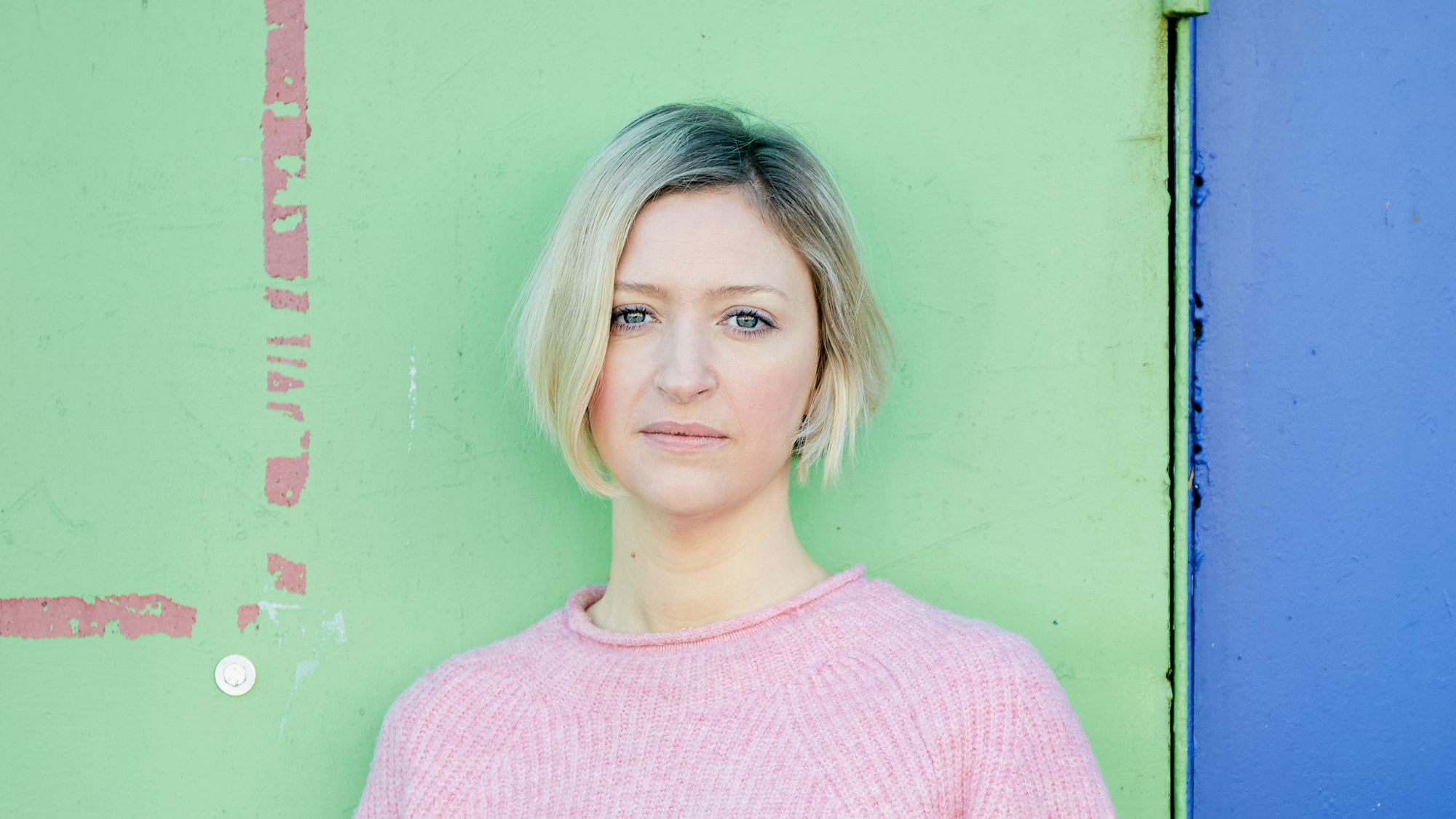Coming of Age by Lucy Foulkes: 'wise and revelatory' guide to the teenage mind
The psychologist shows how our 'enduringly vivid' formative years shape the adults we become

A free daily email with the biggest news stories of the day – and the best features from TheWeek.com
You are now subscribed
Your newsletter sign-up was successful
What does your "reminiscence bump" look like, asked David Shariatmadari in The Guardian. If that sounds "like a blow to the head with a touch of amnesia", it is not – but it can still be painful. As the psychologist Lucy Foulkes explains in her new book, the term refers to the period during which adults report the "greatest number of important autobiographical memories". It tends to start when we're about ten and "peaks at 20, taking in a plethora of firsts": first kiss, first love, first dabblings with drink or drugs, as well as bullying, break-ups and bereavements.
And as Foulkes shows, these "enduringly vivid" years "define the adults we become". Our identities, she argues in "Coming of Age", are shaped by the stories we tell about ourselves – and adolescence is when "this narration begins in earnest". By turns funny, hair-raising and moving, the book is a "wise and revelatory" guide to the complexities of the teenage mind.
Any "parent of a newly minted teenager" is likely to feel especially grateful for this book, said Lucy Denyer in The Daily Telegraph. For it suggests that all the "tricky", anxiety-inducing behaviours that teenagers engage in are necessary stages on the road to adulthood. It is by experimenting with risk that teenagers learn to become independent. Their obsession with fitting in, infuriating as it may be, helps them to figure out how to find their tribe.
The Week
Escape your echo chamber. Get the facts behind the news, plus analysis from multiple perspectives.

Sign up for The Week's Free Newsletters
From our morning news briefing to a weekly Good News Newsletter, get the best of The Week delivered directly to your inbox.
From our morning news briefing to a weekly Good News Newsletter, get the best of The Week delivered directly to your inbox.
Foulkes "expertly marshals clinical research", and interlaces it with accounts from people who've spoken to her "about their formative years", said Kate Womersley in The Observer. Her study will speak to adults still coming to terms with their adolescence, while perhaps also trying to guide their children through these "murky waters". If it has a flaw, it is that it does not give enough consideration to the way the digital revolution has transformed the experience of being a teenager.
Foulkes is especially interesting on school cliques, which she sees as "complex systems worth studying on their own terms", said Sophie McBain in The New Statesman. She draws a distinction between the supposedly "popular kids", who are actually often "envied and disliked", and those with "high sociometric popularity" – the often "decent" ones who are "liked by almost everyone". The latter, she says, typically go on to succeed in life; the "cool kids", not so much. This is a book that should have a wide readership. After all, we were all teenagers once, and as Foulkes argues, a better understanding of our own "awkward, in-between years" will help us become better adults.
Available on The Week Bookshop
A free daily email with the biggest news stories of the day – and the best features from TheWeek.com
-
 The 8 best TV shows of the 1960s
The 8 best TV shows of the 1960sThe standout shows of this decade take viewers from outer space to the Wild West
-
 Microdramas are booming
Microdramas are boomingUnder the radar Scroll to watch a whole movie
-
 The Olympic timekeepers keeping the Games on track
The Olympic timekeepers keeping the Games on trackUnder the Radar Swiss watchmaking giant Omega has been at the finish line of every Olympic Games for nearly 100 years
-
 The 8 best TV shows of the 1960s
The 8 best TV shows of the 1960sThe standout shows of this decade take viewers from outer space to the Wild West
-
 The year’s ‘it’ vegetable is a versatile, economical wonder
The year’s ‘it’ vegetable is a versatile, economical wonderthe week recommends How to think about thinking about cabbage
-
 6 exquisite homes with vast acreage
6 exquisite homes with vast acreageFeature Featuring an off-the-grid contemporary home in New Mexico and lakefront farmhouse in Massachusetts
-
 Film reviews: ‘Wuthering Heights,’ ‘Good Luck, Have Fun, Don’t Die,’ and ‘Sirat’
Film reviews: ‘Wuthering Heights,’ ‘Good Luck, Have Fun, Don’t Die,’ and ‘Sirat’Feature An inconvenient love torments a would-be couple, a gonzo time traveler seeks to save humanity from AI, and a father’s desperate search goes deeply sideways
-
 The biggest box office flops of the 21st century
The biggest box office flops of the 21st centuryin depth Unnecessary remakes and turgid, expensive CGI-fests highlight this list of these most notorious box-office losers
-
 A thrilling foodie city in northern Japan
A thrilling foodie city in northern JapanThe Week Recommends The food scene here is ‘unspoilt’ and ‘fun’
-
 Tourangelle-style pork with prunes recipe
Tourangelle-style pork with prunes recipeThe Week Recommends This traditional, rustic dish is a French classic
-
 Samurai: a ‘blockbuster’ display of Japan’s legendary warriors
Samurai: a ‘blockbuster’ display of Japan’s legendary warriorsThe Week Recommends British Museum show offers a ‘scintillating journey’ through ‘a world of gore, power and artistic beauty’